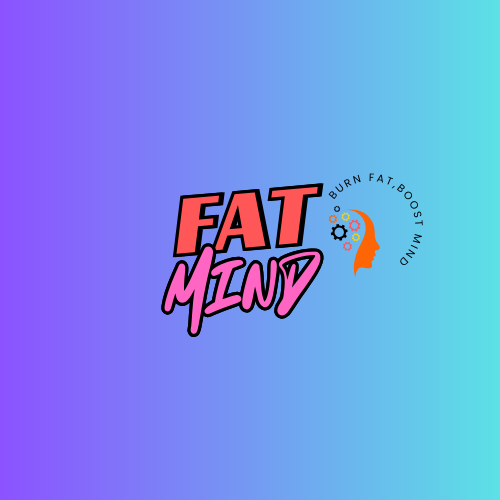Introduction: The Overlooked Role of Sleep in Health
Many people focus on diet and exercise when trying to lose belly fat or improve mental health, but one crucial factor is often overlooked sleep. Poor sleep doesn’t just leave you feeling tired; it directly affects hormone levels, metabolism, stress, and mental well-being.
Studies show that sleep deprivation leads to weight gain, especially around the belly, and increases the risk of anxiety, depression, and cognitive decline. But why does lack of sleep have such a profound impact? This article explores the science behind sleep, belly fat, and mental health, along with practical strategies to improve both.
How Poor Sleep Leads to Belly Fat Accumulation
Sleep Disrupts Hunger Hormones, Leading to Overeating
- Leptin (satiety hormone) decreases, making you feel less full.
- Ghrelin (hunger hormone) increases, leading to stronger cravings for junk food.
- Studies show that people who sleep less consume an average of 300+ extra calories per day.
Increases Cortisol Levels (The Stress Hormone)
- Sleep deprivation spikes cortisol, which signals the body to store more fat, especially around the abdomen.
- Chronic high cortisol levels increase insulin resistance, making it harder to burn fat.
Slows Down Metabolism and Fat Burning
- Poor sleep reduces resting metabolic rate (RMR), meaning you burn fewer calories at rest.
- Fat oxidation (fat burning) slows down, leading to increased belly fat accumulation.
The Mental Health Effects of Poor Sleep
Increases Risk of Anxiety and Depression
- Lack of sleep reduces serotonin and dopamine, making it harder to regulate mood.
- Sleep deprivation is linked to higher anxiety levels and increased risk of depression.
Impairs Cognitive Function and Memory
- A tired brain struggles with decision-making, focus, and emotional regulation.
- Chronic sleep deprivation is linked to brain fog, forgetfulness, and slower reaction times.
Weakens Emotional Control, Leading to Emotional Eating
- Tiredness weakens impulse control, making it harder to resist cravings.
- Sleep-deprived individuals are more likely to engage in emotional eating, further increasing belly fat.
How to Improve Sleep for Better Health and Fat Loss
Establish a Consistent Sleep Routine
- Go to bed and wake up at the same time every day, even on weekends.
- A consistent schedule regulates your body’s internal clock.
Create a Sleep-Friendly Environment
- Keep your room dark, quiet, and cool (65-70°F is ideal).
- Use blackout curtains and white noise machines to improve sleep quality.
Avoid Stimulants Before Bed
- Limit caffeine intake after 2 PM to prevent sleep disruptions.
- Reduce screen time (phones, laptops, TVs) at least 1 hour before bed to avoid blue light exposure.
Manage Stress and Relax Before Sleep
- Practice deep breathing or meditation to lower cortisol levels before bed.
- Try reading, journaling, or taking a warm bath to relax.
Optimize Your Diet for Better Sleep
- Eat magnesium-rich foods (almonds, spinach, dark chocolate) to improve sleep quality.
- Avoid heavy meals close to bedtime, which can disrupt digestion and sleep.
Conclusion: Prioritizing Sleep for a Healthier Mind and Body
Poor sleep isn’t just about feeling tired it directly affects hormones, metabolism, mental health, and belly fat storage. By improving sleep quality, you can balance hunger hormones, reduce stress, and enhance cognitive function leading to better weight management and improved emotional well-being.
Next Steps:
- Read More: [How Cortisol Affects Belly Fat and Stress Levels]
- Try This: [10 Simple Habits for Better Sleep and Weight Loss]

